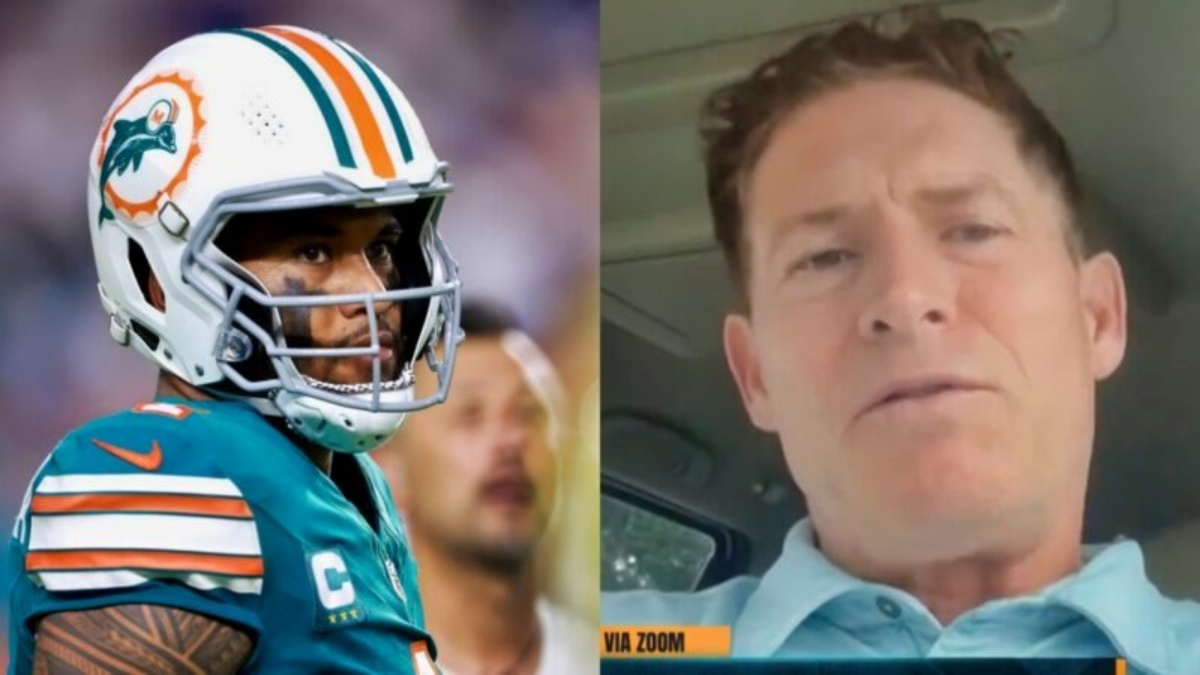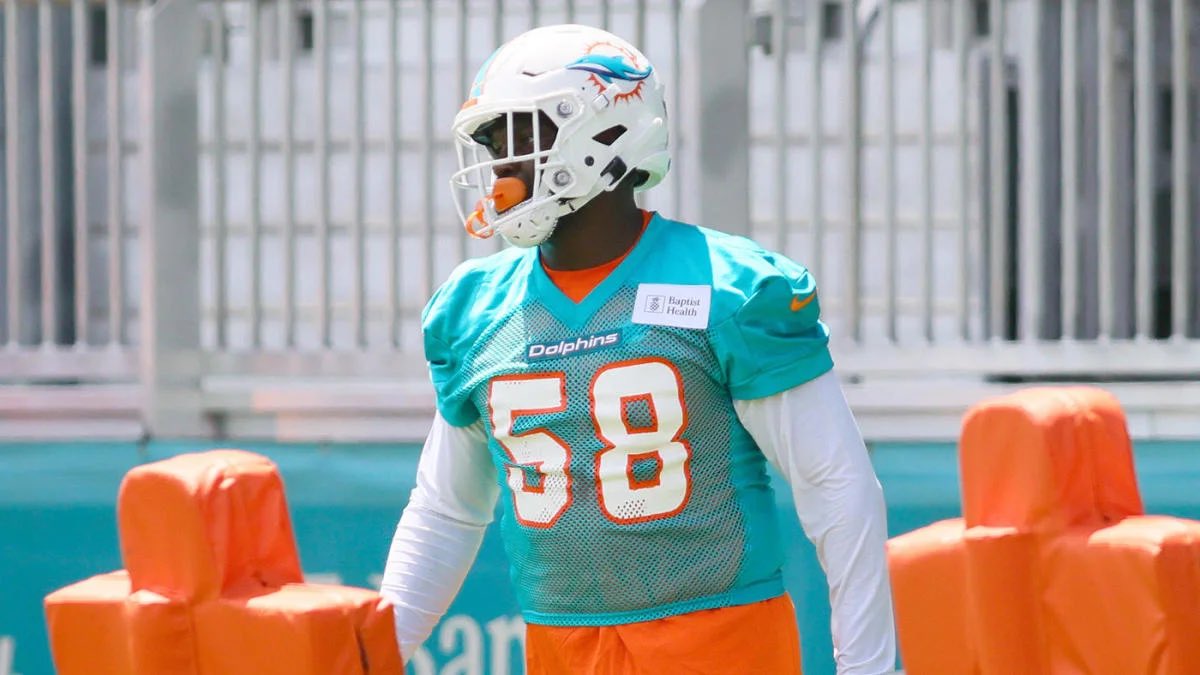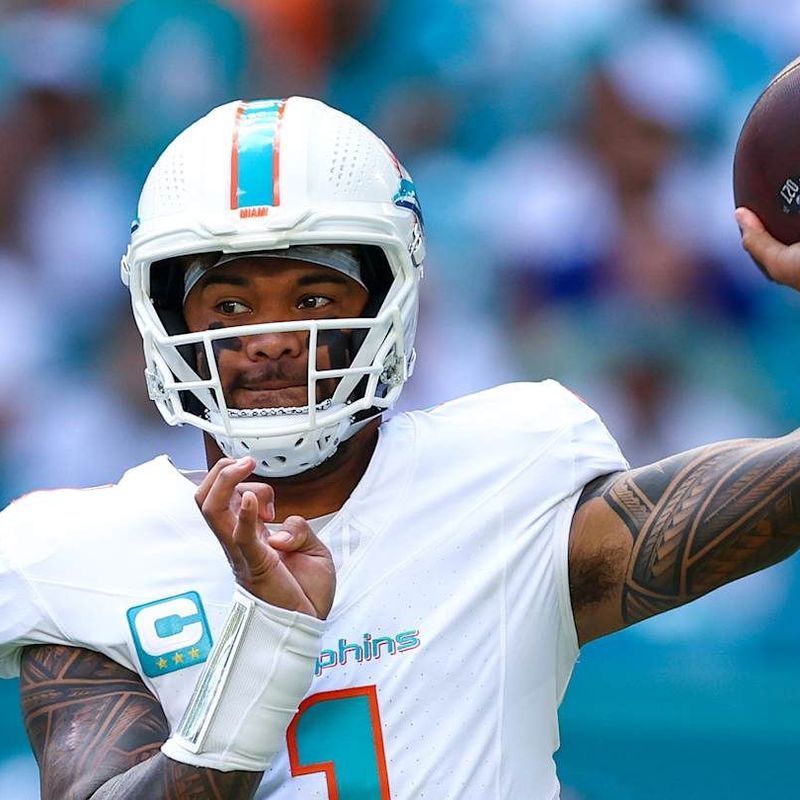Hall of Famer Steve Young, whose illustrious 15-year career was tragically cut short by concussions, recently offered stark advice to Miami Dolphins quarterback Tua Tagovailoa. Speaking from his own experience with the devastating effects of head injuries, Young emphasized the importance of long-term health over short-term gains.
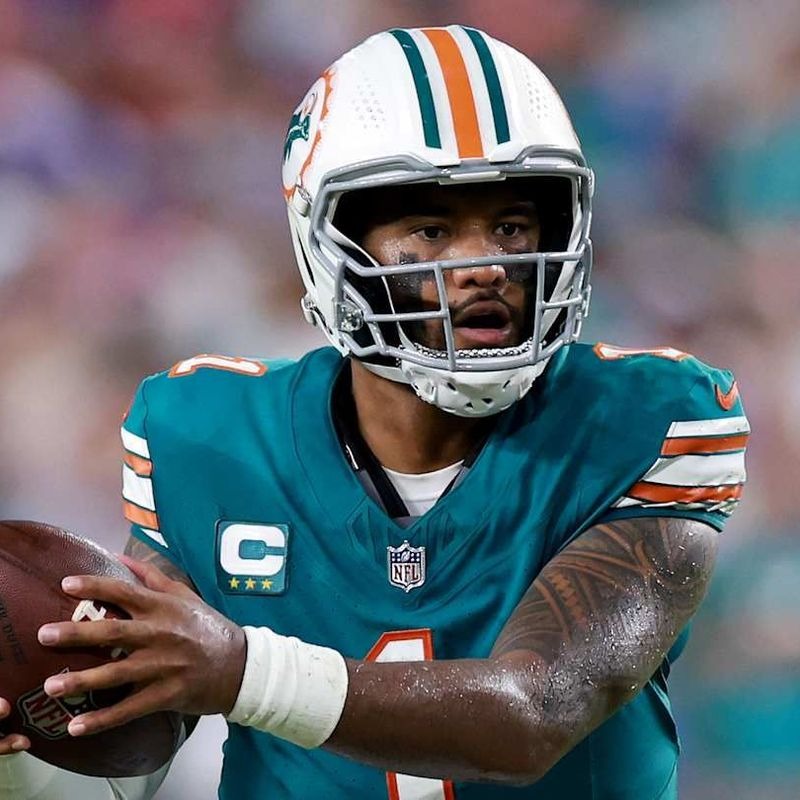
He urged Tagovailoa, who suffered another head injury Thursday night, to proceed with extreme caution, even suggesting he “scream back” against any pressure to return to the field. Young, who endured multiple concussions throughout his career, including two in close succession that forced his retirement in 1999, acknowledged the difficult decisions players face.
He stressed that while medical professionals can provide guidance, the ultimate decision rests with the player, a decision that must prioritize long-term well-being.
The immense challenge of asking an athlete to step away from their passion, especially at the pinnacle of their career, cannot be understated. It’s a delicate conversation centered around prioritizing their long-term well-being, recognizing that the brain deserves the same meticulous care and attention as any other part of the body.
The Miami Dolphins have placed quarterback Tua Tagovailoa on injured reserve following his third diagnosed concussion in the NFL. This latest concussion occurred during the Dolphins’ Thursday night loss to the Buffalo Bills.
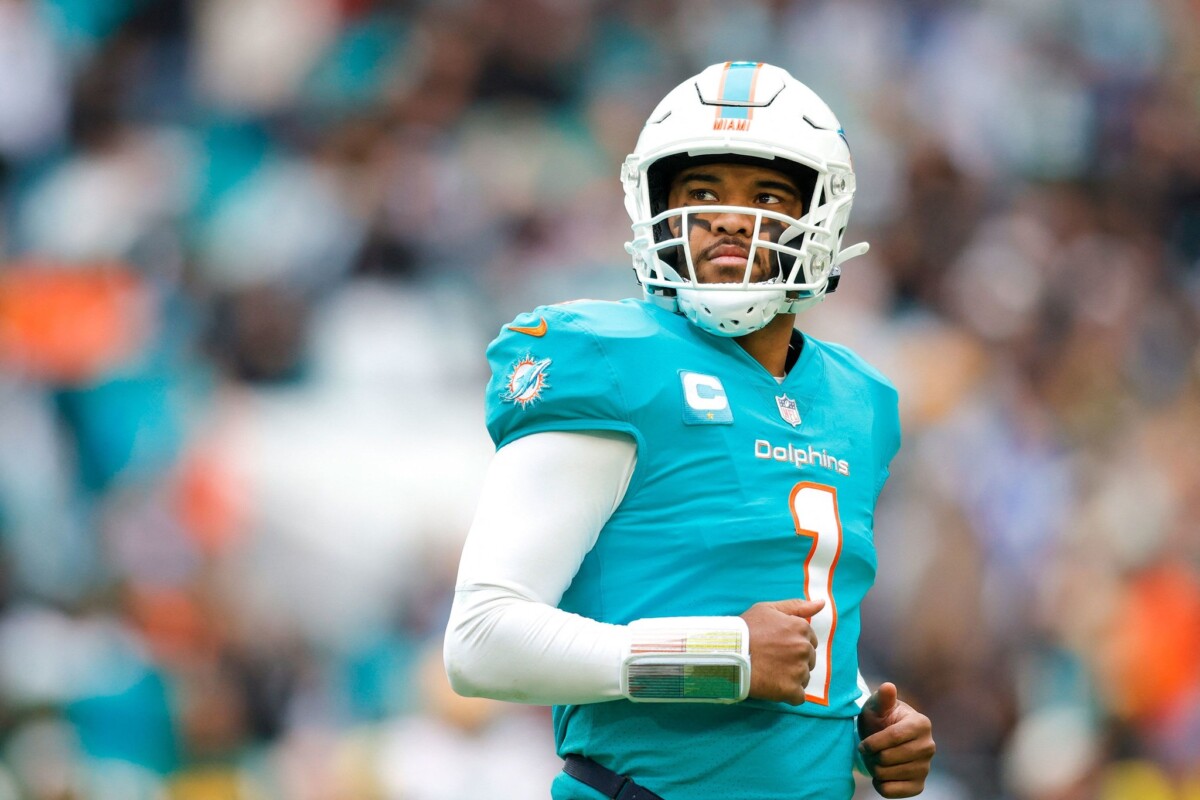
Tagovailoa’s history of concussions has sparked serious concerns about his long-term health, mirroring a larger conversation about the neurological risks NFL players face, particularly those who suffer multiple concussions. Despite the seriousness of this injury, NFL Network insider Ian Rapoport has reported that Tagovailoa will not retire.
In the meantime, the Dolphins have signed quarterback Tyler Huntley from the Baltimore Ravens practice squad to back up current starter, third-year quarterback Skylar Thompson. The discovery of CTE in deceased former players has cast a dark shadow on the league, making Tagovailoa’s situation a stark reminder of the potential consequences of playing in the NFL.
While the financial rewards are significant, many believe no amount of money is worth jeopardizing long-term health and well-being.


